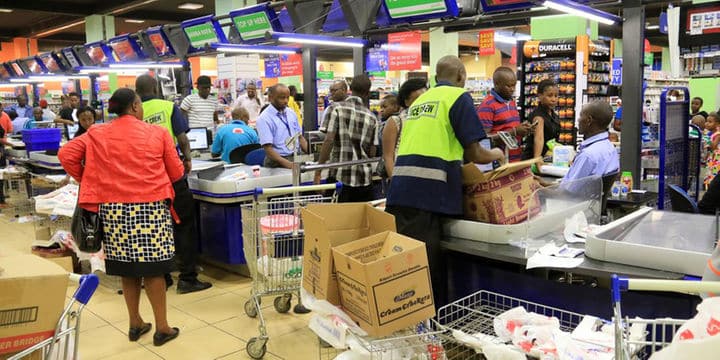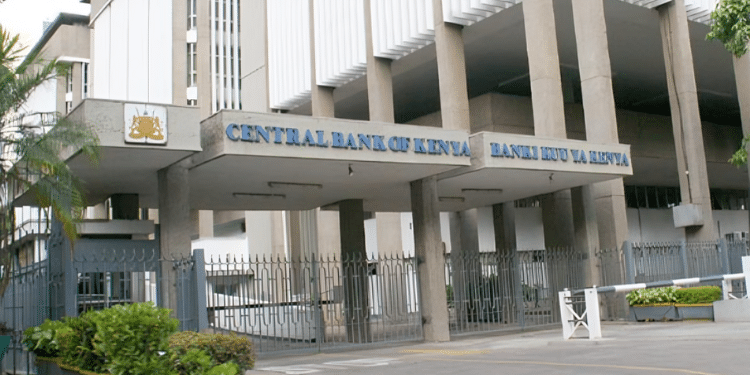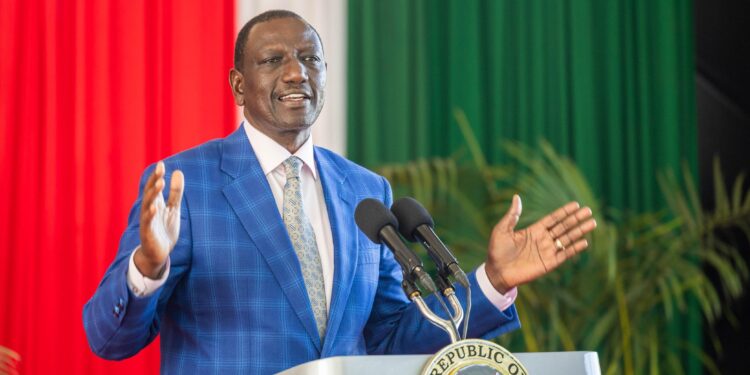Kenya’s fiscal health has suffered a major blow as global credit ratings agency S&P downgraded the country’s credit rating from B to B-.
S&P stated that the downgrade follows the withdrawal of the controversial Finance Bill 2024/2025, which it believes will hinder Kenya’s fiscal consolidation efforts and might lead to accumulation of more debt in the medium term.
“Kenya still has structurally high external debt and sizable financing needs, although its immediate external liquidity risks have eased. We therefore lowered our long-term ratings on Kenya to ‘B-‘ from ‘B’ and assigned a stable outlook,” the agency said.
“The downgrade reflects our view that Kenya’s medium-term fiscal and debt outlook will deteriorate following the government’s decision to rescind all tax measures proposed under the 2024/2025 Finance Bill (for the fiscal year ending June 30, 2025; FY 2025).”

Agency Explains Kenya’s Drop
S&P stated that although the government issued a supplementary budget focused on expenditure cuts, it forecasts that the overall budget deficit will widen to 4.3% of GDP in FY 2025, compared to 3.3% under the original budget.
“Although immediate external liquidity pressures have receded slightly, Kenya’s structurally large external imbalances remain a key vulnerability,” S&P added.
Also Read: CBK Reveals German Firm Behind New Bank Notes, Explains Reasons for Change
The abandoned tax increases were part of a program supported by the International Monetary Fund.
The IMF is expected to disburse funds under Kenya’s seventh review, albeit with a delay, around September 2024 (postponed from the original June 2024 due to budget amendments).
However, the timing will depend partly on the outcome of a Supreme Court ruling on the constitutionality of tax measures implemented under the 2023/2024 Finance Bill, with hearings scheduled for September 10-11, 2024.
Despite successfully refinancing, the Eurobond that matured in June 2024, authorities are unlikely to utilize the IMF’s exceptional access window.
As a result, the disbursement size under the seventh review is expected to be around $600 million (Ksh 78,898,024,200), down from the initially anticipated $1 billion (Ksh 129 billion), with the exceptional access likely reserved for future reviews.
“Although immediate external liquidity pressures have receded slightly, Kenya’s structurally large external imbalances remain a key vulnerability,” S&P added.
S&P stated that debt-servicing costs will continue to exceed 30% of government revenue from 2024 to 2027, which is among the highest rates for all the sovereigns they evaluate.
Despite the downgrade, the agency maintained that Kenya’s outlook will be stable as it expects strong economic growth and continued access to concessional external financing to offset challenges from high interest costs, slow fiscal consolidation, and structural imbalances.
Also Read: Mbadi Clarifies Finance Bill Taxes He Wants Reintroduced After Uproar
Other Agencies that Downgraded Kenya
This rating drop follows similar actions by other agencies, including Moody’s which downgraded Kenya’s credit rating, citing the country’s inability to implement austerity measures following the withdrawal of the bill.
This downgrade means Kenya’s local- and foreign-currency debt obligations have fallen further into junk territory, moving from “B3” to “Caa1.
Junk means it is highly speculative and has a high chance of default in case of a shock.
Similarly on August 2, global credit ratings agency Fitch downgraded Kenya’s rating from “B” to “B-” due to increased risks to the country’s public finances after the government reversed key revenue measures.
S&P noted that Kenya’s ratings could improve if the country manages to contain its external and domestic financing pressures or demonstrates a renewed commitment to sustainable public finances.
This would require significant progress in fiscal consolidation through revenue and expenditure reforms.
The Central Bank of Kenya (CBK) in its weekly bulletin mentioned that the Kenya Shilling remained stable against major international and regional currencies.
“During the week ending August 22, it exchanged at Ksh 129.08 per US dollar on August 15, compared to Ksh 129.20 per US dollar on August 15,” CBK said.
Follow our WhatsApp Channel for real-time news updates:
https://whatsapp.com/channel/0029VaB3k54HltYFiQ1f2i2C










































































